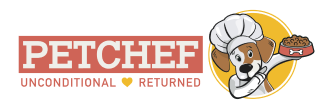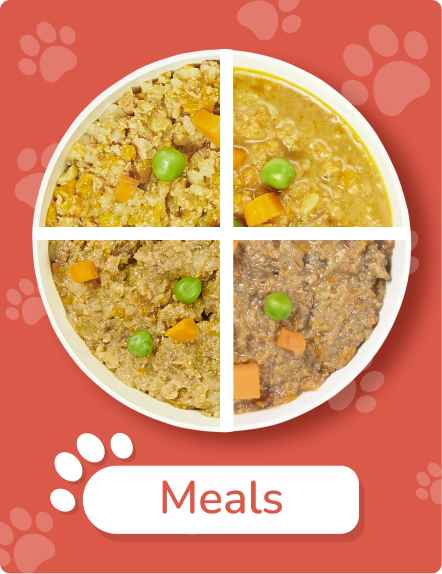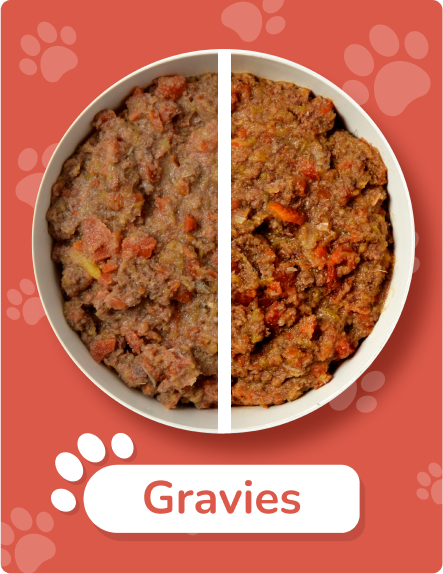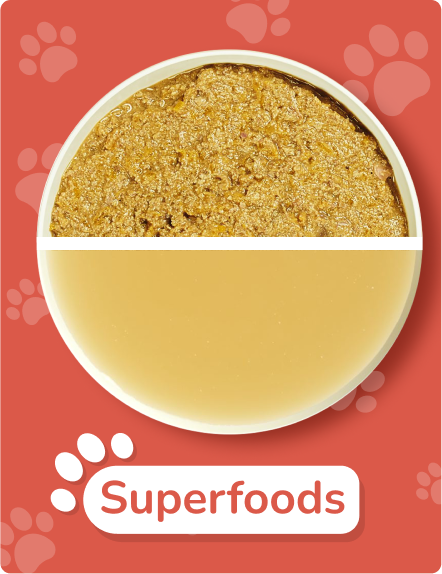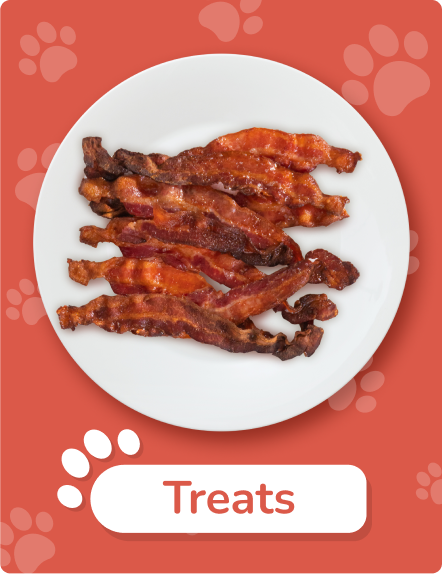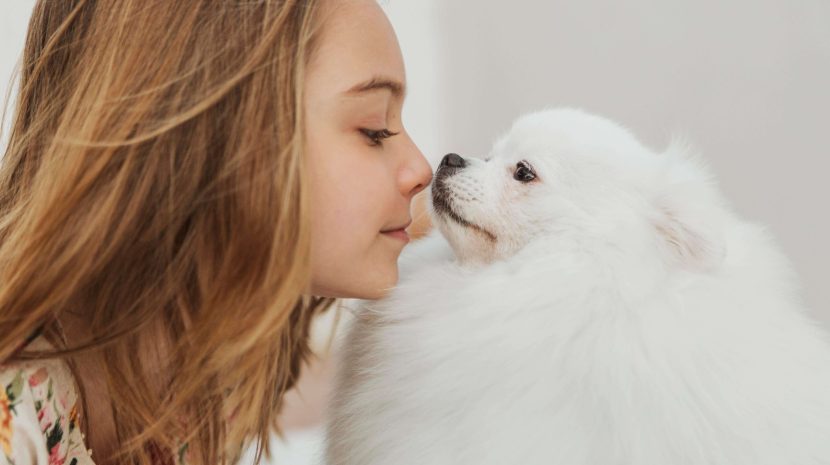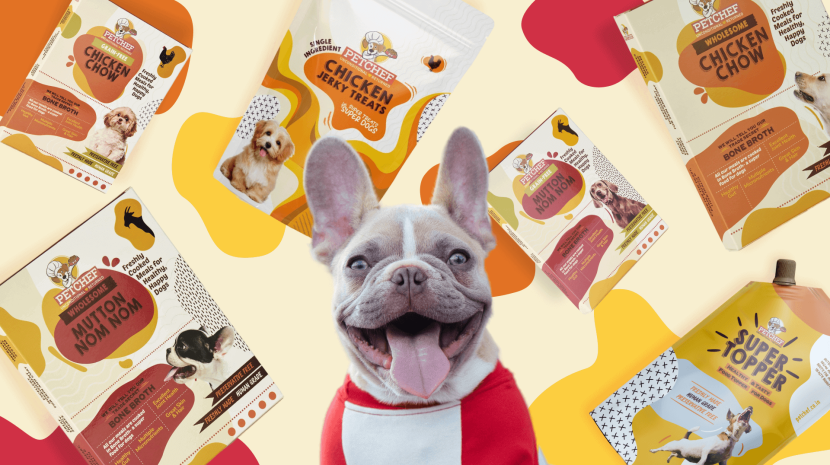In love with how soft, smooth, full and fluffy your pooch (hopefully) feels when it is time for the cuddles and the kisses? If so, then give thanks to its well-maintained skin and coat whose lustre and vibrant colour not only help your pup look (and feel) great but also indicate the state of its overall health. On the other hand, what you don’t want to see is a brittle, sparse and constantly shedding coat as well as bumpy, greasy and flaky skin that keep your pup busy scratching, licking and biting at its own fur. Oh, no!
Apart from taking care of your doggy’s appearance, its skin and coat are responsible for carrying out such vital tasks as maintaining immunity and hydration, storing nutrients, regulating body temperature and also as an insulating barrier against infection and external injury, thus acting as their first line of defence.
Sadly, your doggy’s skin and coat, which also happens to be its largest organ, could be rendered incapable of performing these (& other) functions due to the presence of such underlying diseases as:
- hormone imbalances (hypothyroidism)
- digestive issues (diarrhoea)
- internal parasites (intestinal worms)
- allergic skin conditions and/or seborrhoea (scaly patches, red skin)
- kidney or liver disease
- Cushing’s disease
- external parasites (fleas, ticks, mites)
- cancer (to guard against this we recommend you inspect your doggy’s armpits, groin and the back of the ears every few days to ensure that there are no lumps or tangles formed in the coat)
But wait! And take consolation from the fact that these nasty health emergencies are not the only thing that could be wrong with your pup’s skin and coat.
Sometimes the problem may be temporary and could be solved by ensuring that you are protecting your pet’s skin against excessive exposure to the sun; using the right kind of soap/shampoo; regularly grooming and oiling it; taking care of hydration; identifying and eliminating possible stressors as that, too, leads to excessive shedding.
If you’re doing all of the above and still find the lustre and the lushness missing from your pup’s body, the problem might yet lie elsewhere other than in an underlying illness. It could well be a matter of an imbalanced diet! For it is entirely possible that the food you feed your pooch lacks the right and required amount of nutrition that is necessary to maintain a healthy skin and coat. Indeed, a frantic visit to the vet may reveal nothing more serious than dietary deficiencies that can always be remedied.
So read on below to find out what are some of the foods that will nourish your pet pal both inside and out.
Eggs: Did you know that nearly 95% of your pup’s coat is made up of protein? Considering that the canine body uses nearly 35% of its protein intake to keep the skin and coat shiny and healthy, eggs (as well as other protein-packed food) in your doggy’s diet will never hurt. Containing the highest amount of bioavailable (effectively usable) protein, eggs are also high in zinc that helps in protein synthesis and cell division, both necessary for wound healing and connective tissue formation. The biotin in egg yolk helps produce keratin (indispensible for healthy hair and nails), treats dry skin as well as the itching and seborrhoea related to skin allergies.
Tip: Avoid giving your pup raw eggs as they contain avidin which will interfere in the metabolism of the biotin and the amino acids. However, also guard against overcooking eggs and other biotin-rich foods i.e. leafy greens, sweet potatoes, beef liver, etc.
Sweet Potatoes: Feeding your itchy dog some of these tuberous root veggies is a good idea, not least because they contain the good carbs needed by the body but without the wheat that might trigger an allergic reaction. However, to prevent potential stomach upsets, serve the sweet potatoes cooked and sliced (for easier chewing). Cooking has the added advantage of increasing their vitamin C content which is essential for promoting photoprotection (the process of shielding against molecular damage caused by sunlight) and for supporting wound healing.(find out more foods that will help your doggy heal quickly here)
Carrots: Crunchy, yet soft to chew (and naturally sweet), carrots not only remove plaque from the teeth, but are also a treasure trove of beta-carotene , the precursor form of Vitamin A. While the former helps heal scar and skin blemishes, Vitamin A is needed for cell repair damage and reducing skin irritation. Wound healing (via blood clotting) is another job performed by the Vitamin K found in carrots. Add to it the Vitamin C which helps in collagen production, a vital process for keeping the skin young. If your doggo suffers from the scaly skin caused by seborrhoea, some extra Vitamin A might bring relief. Vitamin A might bring relief. Not only for the skin, but carrots are also great for protecting your pet’s eyes from the weakening and damage brought about by age (here are some more foods promoting eye health in dogs).
Chia: Way more nutritious in terms of omega-3 fatty acids as well as fibre than the “super-seed” flax and other grain seeds, chia seeds are a powerful antioxidant which reduces skin inflammation. By virtue of being highly absorbent, they are also a great source of hydration, while also being gluten-free. As opposed to flax seeds, there is no need to grind chia seeds to extract their nutrients, as they can be easily sprinkled over your pet’s kibble. Containing high amounts of plant-based Omega-3, they will keep your doggy’s skin smooth and soft.
Fish: In case your pet suffers from food allergies, it is possible that it will be allergic to the usual proteins found in the staple diet of chicken, beef, turkey. In such a difficult situation, adding Omega-3 rich fish and fish oils to your pup’s diet is the best way to go, Omega-3 being the other protein-rich source while also offering the required fatty acids. Omega-3, 6 and 9 together lay the foundational stone of maintaining healthy skin and coat. Omegas-3 and 6 are considered the building blocks of a healthy cell membrane, while also creating the skin’s natural oil barrier that helps it remain hydrated (by moisture retention).
Almonds: Easily-available, almonds contain the whole family of Vitamin E. According to research, it is the deficiency of vitamin E that is responsible for the development of certain dermatological disorders in dogs (as well as humans)! A natural moisturizer, Vitamin E (a key ingredient in many cosmetic products) is an antioxidant that protects the canine skin against solar damage by being a ‘free-radical scavenger.’ Consume them soaked or powdered (for easier chewing) and bask in the suppleness, shine and healthy gleam they are sure to bring to your pup’s skin.
Sunflower and Coconut Oil: Adding a few drops of sunflower oil to your pooch’s food is great to keep it hydrated, especially in the cold when their paws are more cracked and drier than usual. The barrage of vitamins (A, B, D, E) that sunflower oil contains will also help drive out acne-causing bacteria.Coconut oil is equally loaded with anti-bacterial, anti-fungal and anti-viral properties while also protecting your pup from cognitive dysfunction by reducing seizures. An Omega-6 rich antioxidant, coconut oil is useful in treating eczema and healing wounds quickly.
Bananas: High in a host of other pro-skin and coat-friendly nutrients such biotin and Vitamins A and C, bananas are an especially cheap and rich source of copper whose deficiency (though rare) can cause loss of hair pigment and a rougher coat while also being responsible for anaemia and poor neuromuscular growth. Though low in calories, sodium and cholesterol, bananas being high in sugar should only be offered as a treat and not as part of the meal. Some other sources of copper include organ-meats, legumes, seeds, nuts.
We get it: just like with us, getting your pet pal to look good (as well as to keep at it healthily) is hard work. But why worry when we, at PetChef, are here to look out for you and your pup’s needs? While most of the above mentioned foods can be easily found in all our PetChef Meals, you can always reap the benefits of the other foods listed here by taking them as supplements. Be it the Super Topper, our newly launched Chicken Jerky Treat (both loaded with Vitamins A, C, zinc, copper etc.) or even our 24-Hour Bone Broth (bursting with collagen and amino acids), we can assure you that in very little time, PetChef’s healthy and delicious delights will have your furry friend looking shinier, healthier and happier than it has in a long, long, time.
